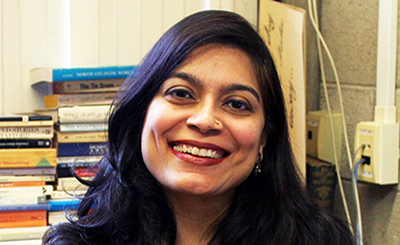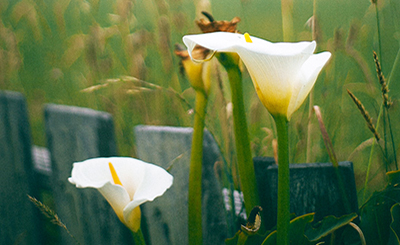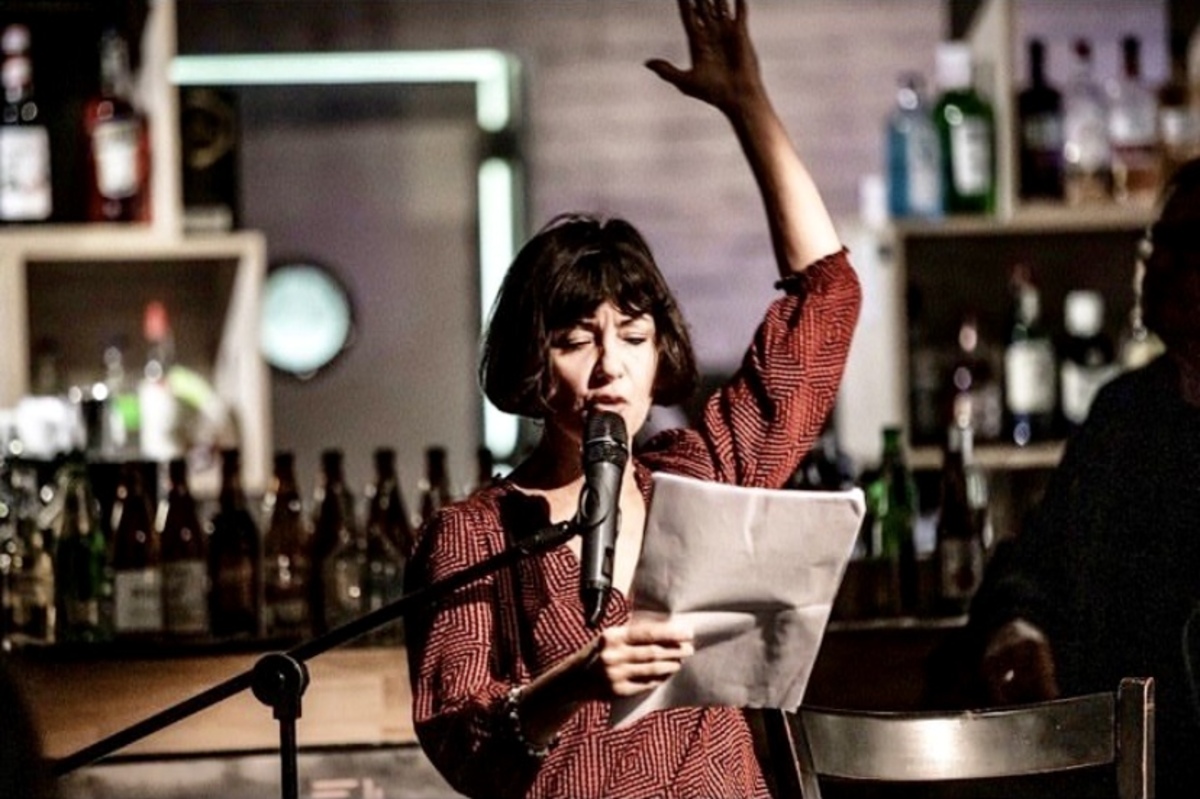
Proza Festival, Wroclaw. Photo: Natalia Kabanow
Turkish-Dutch writer Çiler İlhan reflects on her struggles with identity and belonging in Turkey and her eventual move to the Netherlands, where she discovered the freedom to let go of her contrived ‘restaurant voice’ and revel in a more authentic and unencumbered way of living. With an unflinching gaze, she peers into the complex interplay of class, privilege, and cultural capital, illuminating the profound impact of societal conditioning on one’s sense of self
Despite my years of writing and numerous appearances on literary panels and debates, I still find myself frequently questioned, by people who read my books, about my ancestry. Since my works centre on the marginalized communities and their rights — my passion for their cause runs deep, like the roots of a tree that stretch down to touch the earth from which they were born — my readers often inquire whether I am of Kurdish or Romanian descent.
In the Netherlands, where I reside, such queries — often posed in hushed tones — revolve around the possibility of Italian or French heritage, and sometimes extend to conjectures about Spanish or Polish lineage. Rarely, however, do people consider my Turkish ancestry. Even at the venerable age of fifty, I need to bear in mind that these assumptions are not compliments. They are instead a constant reminder of the ongoing struggle to be recognized for who I am, rather than where I come from.
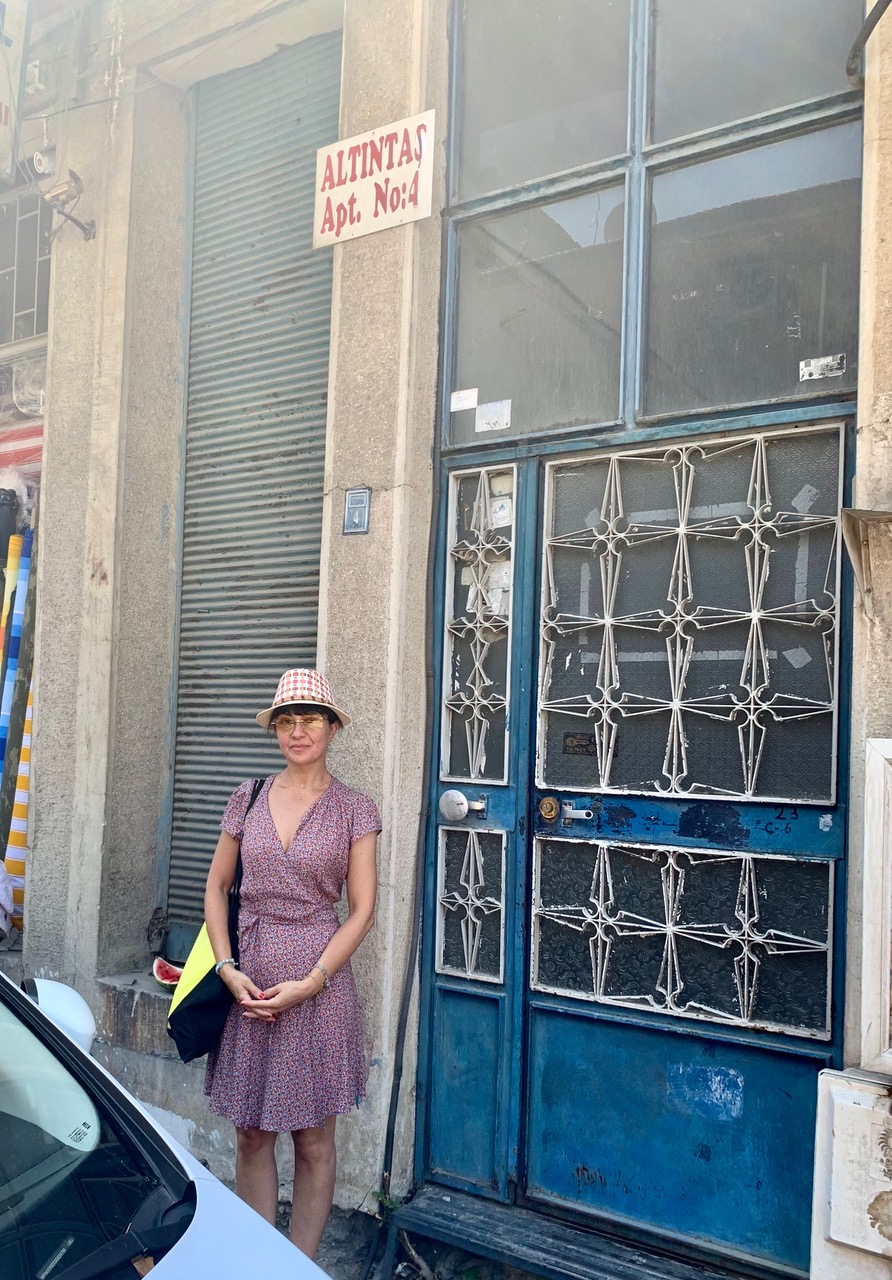
In front of the childhood house at Denizli. All photos courtesy of the author
I was raised in a country during the decades when almost everything “European” was deemed superior, solid; when fair skin was celebrated, and descent from Ottoman aristocracy or a bourgeois family with at least three generations born in Istanbul was a prerequisite for being accepted into the exclusive circle of “white Turks” — a term roughly defined as a person who is urban, educated, secular, in favour of westernization, liberal, and belonging to middle or upper-middle class.
This cultural conditioning has stayed with me over time. As a teenager, I wished my father were a surgeon instead of a self-made businessman. I wished my mother were an accomplished academician rather than a homemaker. I wished my grandfather were perhaps a former Member of Parliament, and my great aunt the first woman to accomplish or be something. These wishes, however, have remained unfulfilled, for one cannot change one’s family.
Perhaps it was due to my upbringing that I developed what could be called a “restaurant voice.” The tragic thing is I never even realized I had that pathetic, hilarious voice until we moved to the Netherlands in 2017. Here, a few years ago, after watching Boots Riley’s weird, original, dystopian black comedy Sorry to Bother You (2018), it struck me that I, too, resorted to another voice. In the movie it was the “white voice”. When main character Cassius Green gets a job at a call centre, he is advised to fake a “white man’s voice” to perform better. Once he, an African American, adopts that carefree and confident tone that subtly implies ownership — saying ‘I own this place’ without saying it — his sales skyrocket. Then, the movie takes another turn, but we won’t go there.
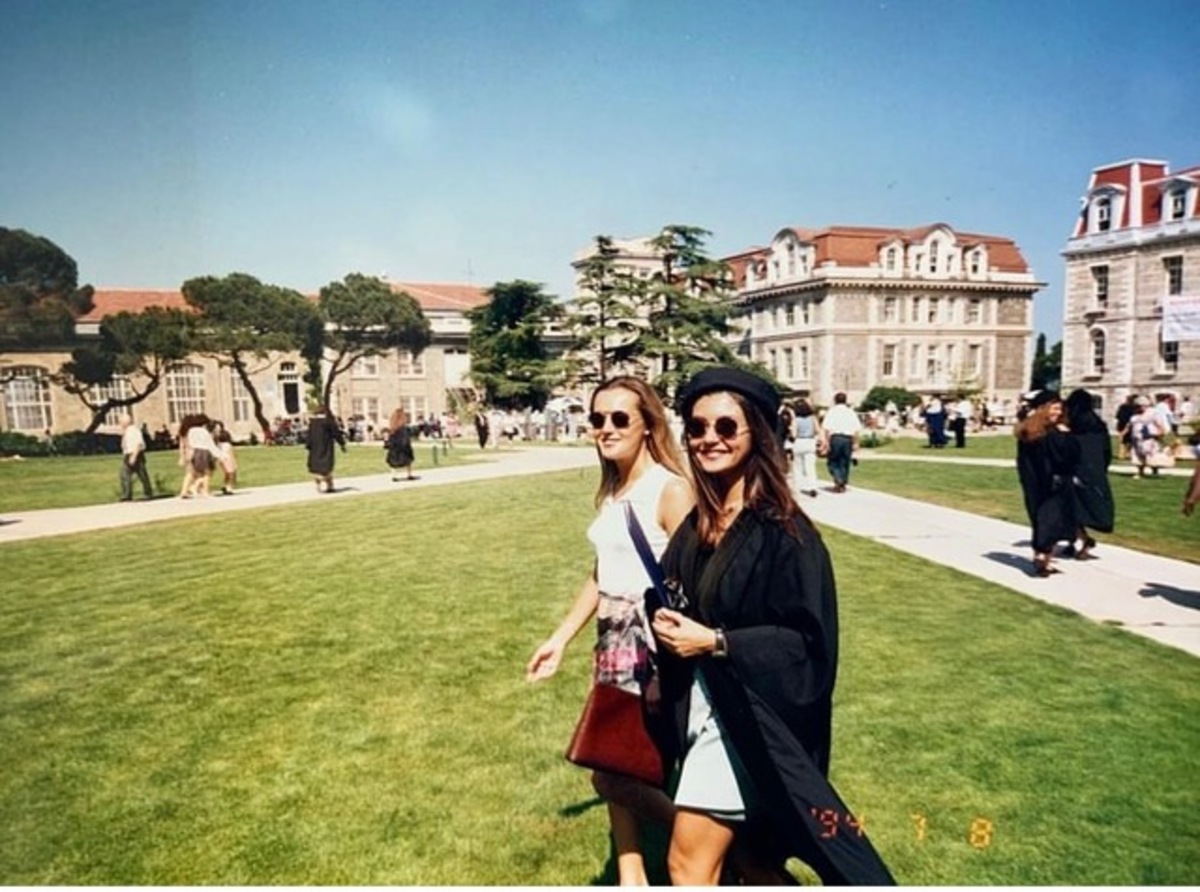
Bosphorus University, graduation
Upon reflection, I have come to the realisation that my “restaurant voice” has several facets. Firstly, speaking Istanbulian dialect of Turkish while Turkish boasts several distinct dialects across its regions, the Istanbulian variant is widely regarded as the most esteemed, and a marker of privilege — in Istanbul signals my education, which is unfortunately a privilege rather than a basic right in a country with a population of over 80 million. Then, it also indicates that I come from the city, not from a village or a “peasant” background. The exaggerated politeness of my tone suggests that I am sufficiently “Westernized and civilized”.
As much as I am deeply and rightly embarrassed by this confession, I also give myself credit for one thing: I might have resorted to that voice to counteract the feelings of guilt I so often experience in Turkey. This guilt stems from the awareness that the waiter or the shop assistant might be “employed” without social security, probably exhausted from working overtime, and will very likely never be able to afford to eat or shop in his or her workplace. My patronizing “niceness” might be an attempt to compensate for the enormous injustice that I had played no direct role in creating but which my lifestyle has undoubtedly helped to sustain.

However, the truth is that I have never truly belonged anywhere. In Turkey, where I explored various fields, including PR, marketing, hotel management, freelance writing, and fiction writing, I assumed different identities depending on the job I held at the time — not fitting in with any particular vocational group, social class, or religious affiliation, you name it. While here in the Netherlands, I am content to identify simply as a writer, having embraced the freedom of being undefined by societal expectations. The borders that modern society puts around us define and constrain us.
In Turkey, I was considered too urban for Denizli, the part-Anatolian, part-Aegean city where I was born. On the other hand, I was not bourgeois enough for my circle in İzmir, where I grew up, or in Istanbul, where I spent most of my life. Education was highly valued in our nuclear family. And we were fortunate enough to be provided with a good education and a life advantage. However, we never, for example, went to concerts or the theatre as a family. To my father, who was born in a village, art was always secondary. Being a successful businessman was more important than anything else. I had to develop my cultural capital on my own, usually alone, and lonely. This meant I had to work much harder to become a writer, realizing, as I did, that I lacked useful connections in the art world.
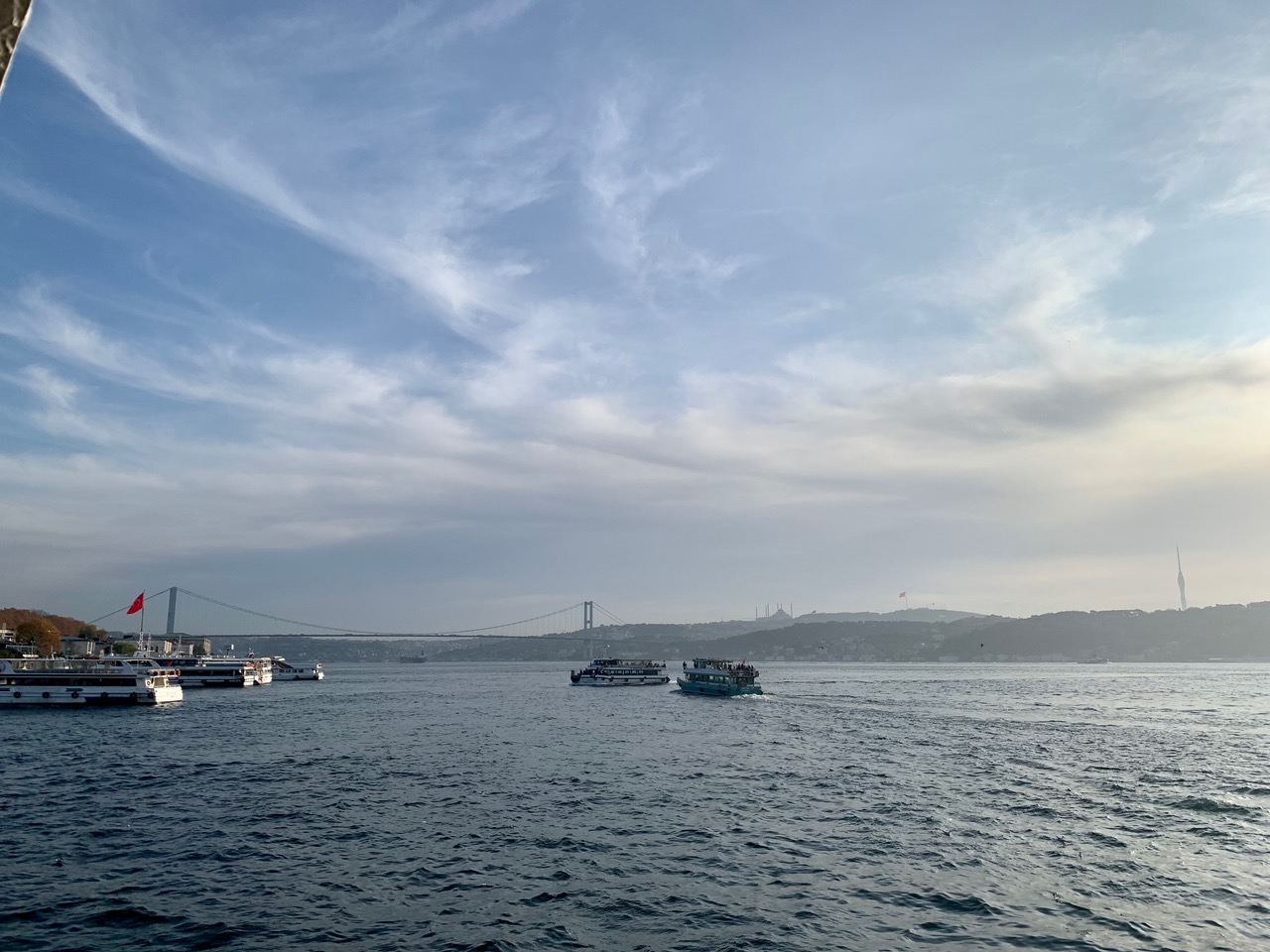
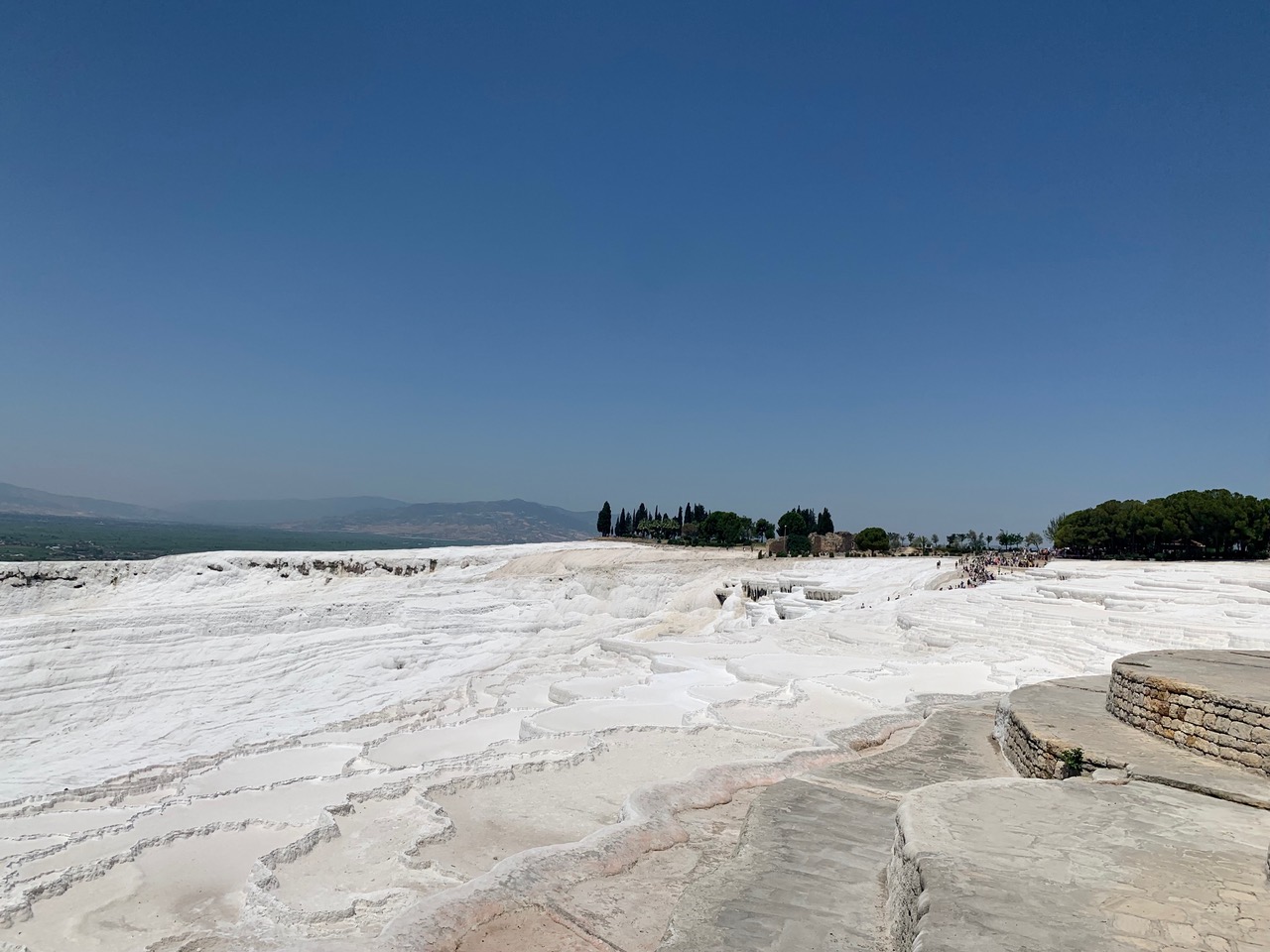
Istanbul (top); Pamukkale, Denizli (above)
The persistent feeling of not fully belonging reached its peak when we made the move to this low land. I am glad it did. It compelled me to confront myself once again, at a deeper level — better late than never: A never-ending act, really. My new compatriots, the Dutch, are generally relaxed and easy-going people. I cannot claim that they never discriminate (who doesn’t, except for the truly enlightened among us?). But at least they are what they are, mostly direct, and not pretentious.
Apart from some “luxury” venues, restaurants and shops are not completely out of reach for the people giving you service. Children have access to education and healthcare at little to no cost, irrespective of their background. Most people don’t kill themselves to make a living: they have jobs so they can enjoy life. These realities make life here bearable, and often pleasant, even for an often-heavy-hearted person like me. It seems like this is the land where I buried another ghost from the past — “my restaurant voice”. And then I planted tulips over it.
Comments
*Comments will be moderated




